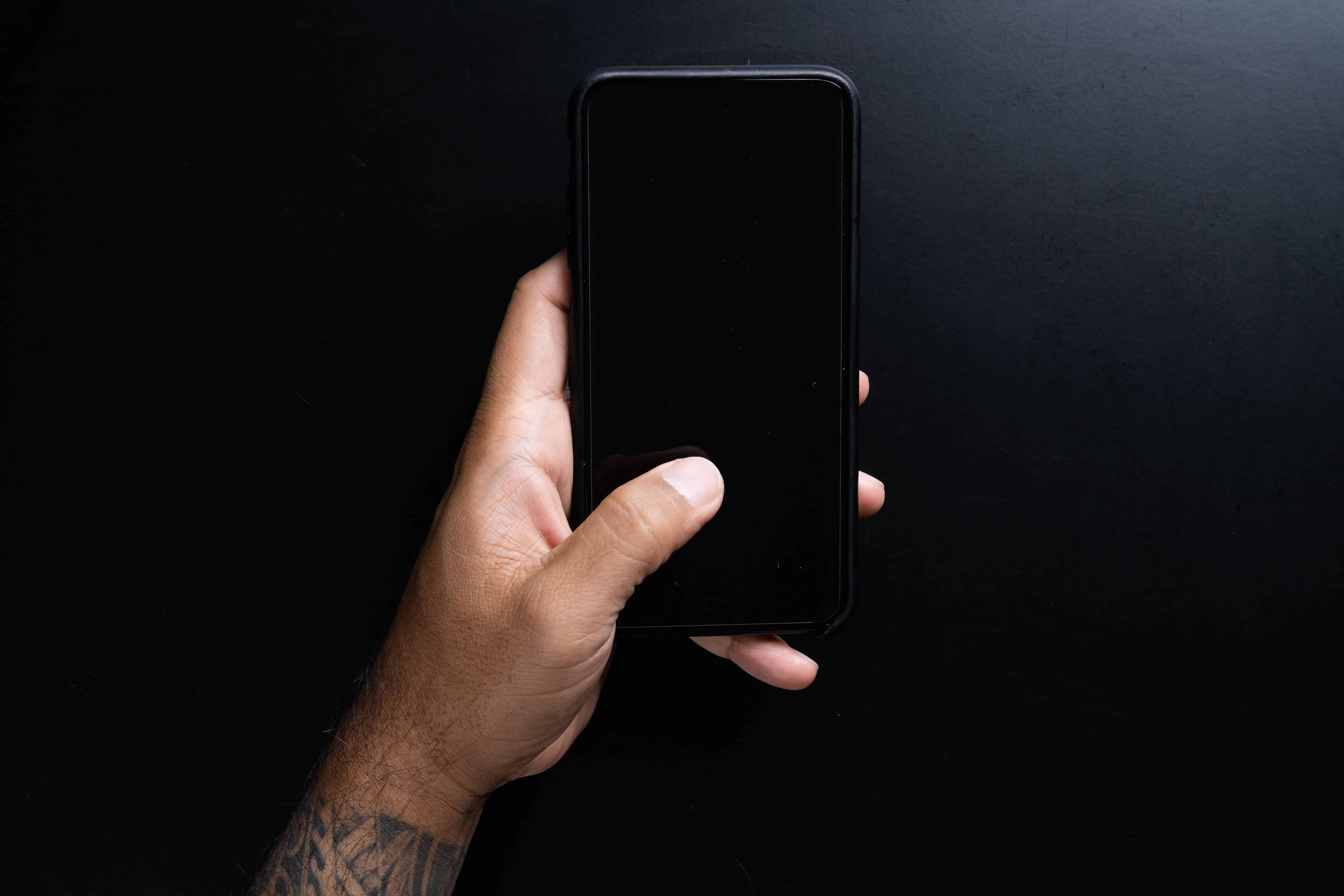 Best Overall Private Texting AppSignal | ||||
PriceFree | ||||
Available PlatformsAndroid, iOS, Desktop (Window, Mac, Linux) | ||||
| | ||||
| |
Best Private Messaging Apps for 2026
Signal is tops for encryption and Telegram for social features, while TextNow is a great choice for a private second phone number.

Our top pick among the best private texting apps is Signal, which created the gold standard end-to-end encryption protocol and offers lots of features in an intuitive interface. Telegram is great for social features, while TextNow is the choice for a private second phone number.
Key Takeaways:
- Private texting or messaging apps use encryption and other privacy tools to help keep your communications hidden from hackers and others.
- Messaging apps vary on the level of privacy offered, with some collecting metadata and using it for ads or otherwise sharing it.
- Private messaging apps typically let you communicate only with other users of the app, so you may need to coordinate with others.
You want to stay in touch — chatting, calling, sharing videos or photos — but you don’t necessarily want others listening in. Private texting apps aim to keep your communications safe from prying eyes, whether that’s advertisers, hackers, or just garden variety snoops. Here’s a look at the best of the bunch.
Summary: Best Apps for Private Messaging
Best Overall Private Messaging App
Best Private Messaging App for Broad User Base
Best Private Messaging App for Anonymous Use
Best Private Messaging App for Video Calling
Best for Private Second Number
Methodology: How to evaluate the best private texting apps
When looking for the best private messaging app, consider these elements:
Encryption: End-to-end encryption (E2EE) scrambles a message during transit so that it’s unintelligible to anyone but the intended recipient.
Anonymity: Some apps allow anonymous registration, while others require a phone number or email address. Also, you may prefer an app with strict limits on collecting and sharing your data. Additionally, you can find apps that provide a phone number, like TextNow or TextFree, to keep it separate from your primary number for an added measure of privacy/safety. See our review of TextNow vs. TextFree to pick the best one.
Privacy & security features: Popular features include detection or prevention of screenshots; messages that disappear upon receipt or after a set time; and two-factor authentication to keep your sign-in secure.
User base and cost: These apps usually let you communicate only with other users on the same app, so a large user base increases your chance of being able to reach who you want. Most apps are free, so those that do charge a fee may have a limited pool of users.
We evaluated apps using these criteria, each with its own weight, to come up with choices to suit different use cases.
Why use a private messaging app?
Lots of people have reasons to look for encryption and other privacy measures when picking a texting app.
Basic SMS and MMS messaging offers no protection whatsoever. Private messaging apps offer more safety when sharing sensitive info — whether that’s a credit card number, business or government details, communication between a journalist and a source, or activities of whistleblowers and activists. And some people just like to keep info like their phone number, email address, or IP address out of the hands of advertisers. Even the FBI has weighed in, urging consumers in late 2024 to use end-to-end encrypted messaging.
Are private messaging apps secure?
Texting apps that emphasize privacy focus mainly on these elements, to various degrees, to protect your communications and identity:
Anonymous registration
Some apps require a verifiable phone number or email address to sign up, which means your activity could be traced back to you. The most privacy-minded consumers will want an app that allows registration using a random username, which guards against others being able to trace the account to the user.
End-to-end encryption
With end-to-end encryption, or E2EE, a message is scrambled into an unreadable form before it’s transmitted and only decrypted when it reaches the recipient. That ensures the message can’t be read by the platform sending it or anyone who might intercept it along the way. The best privacy apps will use E2EE by default for all communications, rather than requiring you to turn it on.
Disappearing messages and screenshot protection
As an added layer of privacy, some apps will delete messages after they're received or after a time lapse you choose. That prevents messages from being stored somewhere they could be recovered.
Some apps also either prevent recipients from taking screenshots of messages, which could be shared or forwarded, or they warn you that someone has taken a screenshot.
Open-source code
Some companies build their apps with open-source code that can be reviewed by outside experts. That gives customers added reassurance that impartial reviewers are assessing the app's rigor and calling out any flaws.
Data collection, storage and sharing
Apps may collect metadata, or information about you and your app use. This can include your phone number, IP address, your contacts, who you’re messaging, your social network use and more. Typically, companies want this to target you with ads, which is annoying enough. But any info that's collected and stored can potentially be discovered and used by anyone, which cuts into your online privacy.
What apps are not good for private texting?
These popular messaging apps are fine for casual communication, but they don't have the privacy features you might want:
Apple iMessages: When you send an iMessage between iPhones, the message and attachments like photos or videos are end-to-end encrypted. However, messages between an iPhone and an Android do not support E2EE yet, although it’s coming soon. You can tell the difference because encrypted iMessages will be blue, while others are green.
Also, if you use iCloud, your iMessages stored there are not encrypted unless you turn on Advanced Data Protection in Settings. But note that once it’s on, Apple will no longer be able to help recover your data if you lose account access. You’ll have to maintain your own recovery contact or key. Read Apple’s explanation to understand all the implications.
Google Messages: These are end-to-end encrypted only if you’re messaging someone who’s also using Google Messages and you both have RCS messaging turned on. Look for messages that are blue and have a lock symbol. However, as with Apple, your messages on Google Cloud are not end-to-end encrypted.
Snapchat: Although messages disappear, there’s no safeguard against other users screenshotting them. It also lacks end-to-end encryption for all interactions, and it collects a fair amount of your data as you use it. It also has elements that work against privacy, such as public stories and SnapMap, unless you avoid them or place privacy controls on them.
Facebook Messenger: Messages are not end-to-end encrypted by default, you have to select it when starting a chat. Chats can be captured with screenshots or scanned for suspicious content that triggers review by a moderator. Also, parent company Meta collects and shares user data among its companies and with advertisers.












